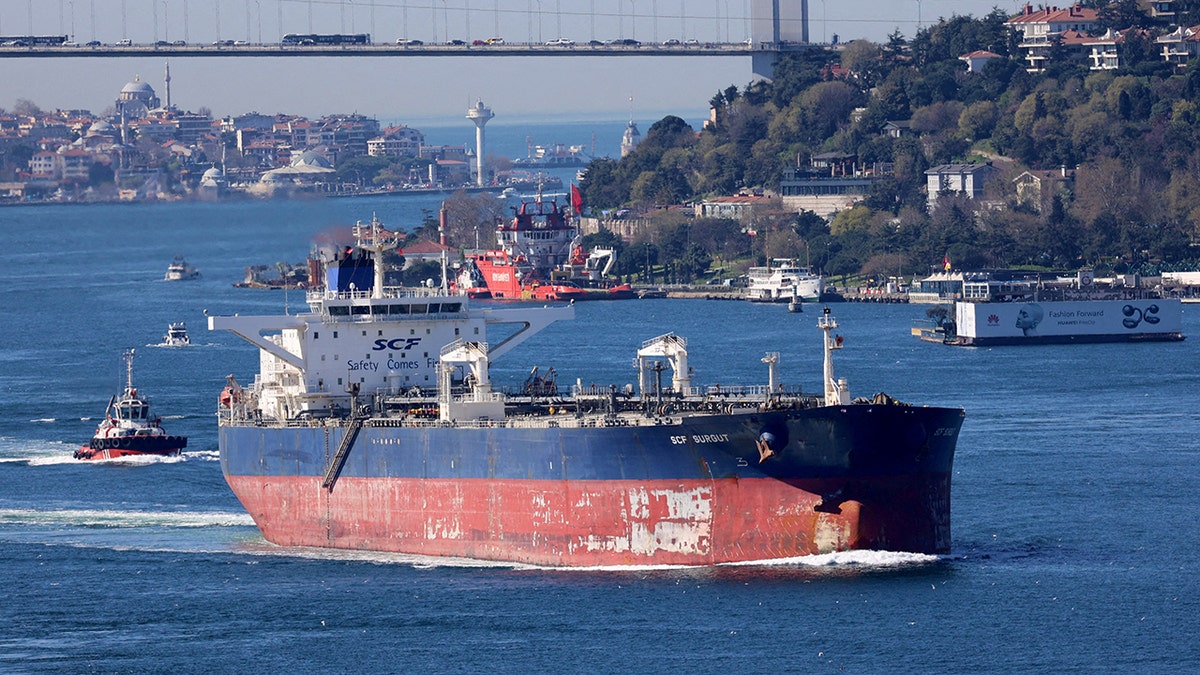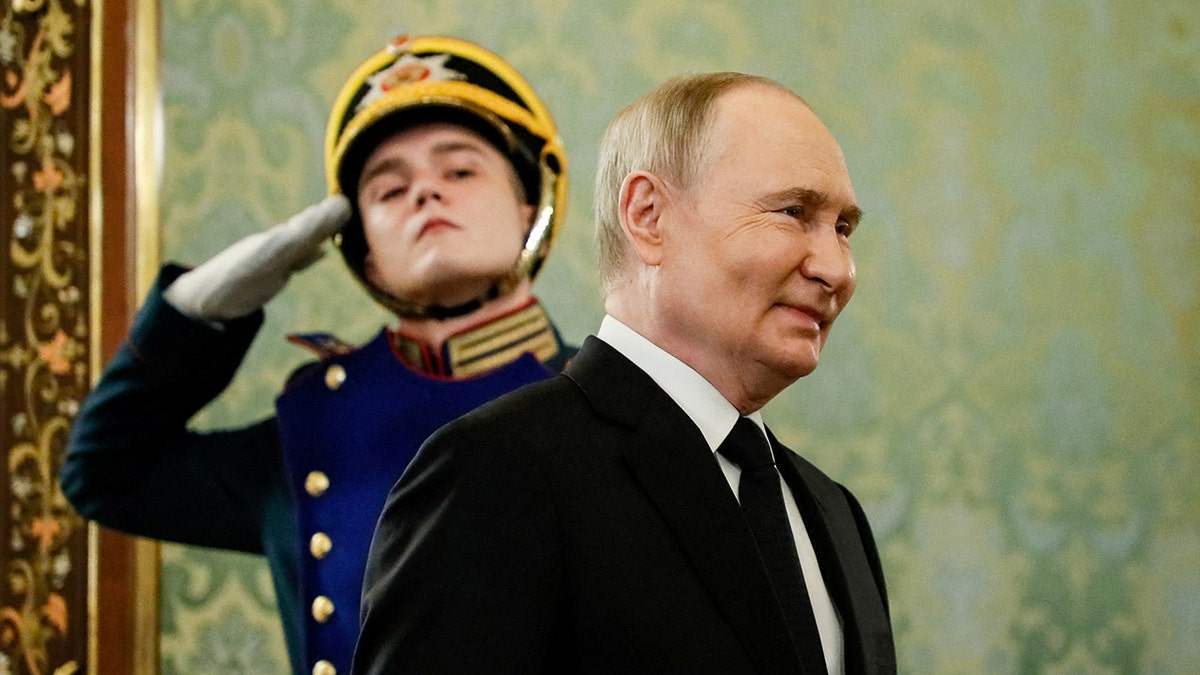Even with numerous sanctions and strong words against Russian President Vladimir Putin, Europe struggled to break free from its reliance on Russian fuel in the past year. The European Union (EU) spent a substantial $23 billion on Russian oil and gas during the third year of the war in Ukraine. This amount surpasses the $19.6 billion in financial aid the EU provided to Ukraine during the same period, as reported by the Centre for Research on Energy and Clean Air.
Russia also strengthened its grip on non-EU markets. China, India, and Turkey purchased $82 billion, $51 billion, and $36 billion worth of Russian fuel, respectively. While Russia's overall earnings from fossil fuel exports saw a slight decline of 3% to $254 billion last year, the country has profited nearly $1 trillion from oil exports since February 2022.

Despite Western sanctions on Russian crude and refined products, Russian oil exports have only decreased by 8% since the invasion of Ukraine. The Kremlin has utilized a "shadow" fleet of 585 oil tankers to transport its exports, often disguising their origins. This involves buying older ships from European owners, changing their flags, and using shell companies to obscure their Russian connections. Russia also exports oil to countries without sanctions against Moscow, which then sell it to the West.

According to Jonathan Bass, founder of Argent LNG, Russian fuel prices remain lower than other sources, making it an attractive option for some buyers. He points to the Biden administration's restrictions on liquefied natural gas (LNG) exports as a contributing factor to Europe's continued reliance on Russian fuel. Bass argues that these restrictions, contrasted with President Trump's previous lifting of such restrictions, have made European nations wary of relying on American energy due to perceived political instability.

Landlocked European countries, like Austria, have faced particular challenges in diversifying their fuel sources due to their reliance on pipeline infrastructure originating in Russia. The Centre for Research on Energy and Clean Air suggests that stricter sanctions could significantly reduce the Kremlin's fuel revenues by up to 20%. While the EU has implemented its 16th sanctions package against Russia, including measures targeting the shadow vessels, the issue of European dependence on Russian fuel persists.
Bass emphasizes the need for clear direction from the current administration regarding U.S. energy export priorities to reduce global reliance on Russian fuel. He calls for consistent policies to avoid the perceived flip-flopping of previous administrations, arguing that clear signals are crucial for the LNG industry to effectively contribute to energy independence.
Comments(0)
Top Comments